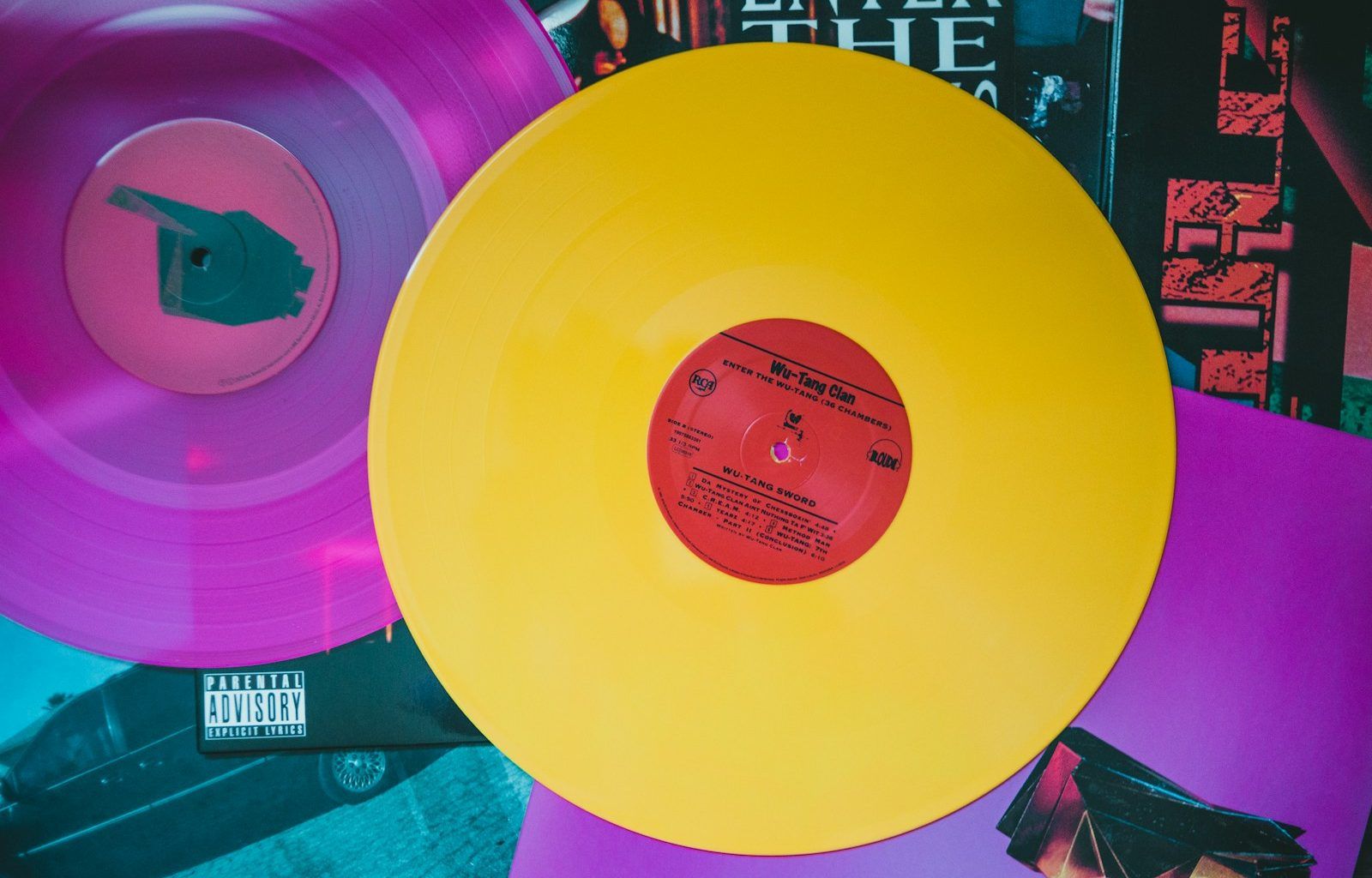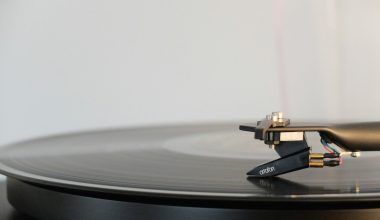If you’ve ever listened to music on streaming platforms or browsed through a record store, you might have come across the terms “EP” and “album.” But what is an ep vs album mean? And more importantly, what sets them apart? Let’s dive into the world of music to explore the differences between an EP and an album in a way that’s easy to understand.
The Basics: What Does EP Mean?
First, let’s start with the term EP. EP stands for “Extended Play.” It’s a music format that sits somewhere between a single and an album. In simpler terms, an EP is longer than a single but shorter than a full-length album. Typically, an EP contains about three to five tracks, though this can vary depending on the artist and genre.
The idea behind an EP is to give listeners a taste of an artist’s work without committing to a full album. Think of it as a mini-project or a sneak peek into their musical style. EPs are often used by emerging artists to showcase their talent or by established artists to release new material between albums.
So, What Exactly Is an Album?
An album, on the other hand, is a more extensive collection of music. It usually contains at least eight to twelve tracks, though some albums can have even more. Albums are often seen as complete projects that tell a story or explore a theme. They’re a deep dive into an artist’s creative world and often serve as a milestone in their career.
In the music industry, albums are considered a significant achievement. They require more time, effort, and resources to create compared to an EP. While EPs might give you a glimpse of an artist’s potential, albums are where they truly shine.
Key Differences Between an EP and an Album
Now that we’ve covered the basics, let’s break down the differences:
- Length: EPs are shorter, typically running for 15 to 30 minutes. Albums, on the other hand, can last anywhere from 30 minutes to over an hour.
- Number of Tracks: EPs usually feature 3-5 songs, while albums contain 8 or more tracks.
- Purpose: EPs are often experimental or used to build momentum. Albums are more comprehensive and serve as a defining body of work for an artist.
- Production: Creating an album generally involves more planning, production, and investment. EPs can be produced more quickly and with fewer resources.
Why Do Artists Release EPs?
EPs are incredibly versatile and serve multiple purposes. Here are some common reasons why artists choose to release them:
- Introduction to Their Music: For new artists, an EP is an excellent way to introduce themselves to the audience without the pressure of creating a full-length album.
- Experimentation: Sometimes, artists want to explore a new sound or style. An EP gives them the freedom to experiment without the commitment of an album.
- Maintaining Relevance: Established artists often release EPs to keep their fans engaged between album releases.
- Budget-Friendly Option: Producing an EP is less expensive than creating an album, making it a practical choice for indie or unsigned artists.
Albums: The Full Package
While EPs have their charm, albums are the gold standard in the music industry. They allow artists to fully express themselves and create a cohesive body of work. Albums often feature more elaborate production, collaborations, and promotional efforts.
An album release is usually a big event. It’s a chance for artists to make a statement and showcase their evolution. For listeners, an album provides a more immersive experience, allowing them to connect deeply with the music.
How Do EPs and Albums Impact Listeners?
As a listener, the choice between an EP and an album depends on your mood and time. If you’re looking for a quick listen, an EP might be perfect. On the other hand, if you want to dive deep into an artist’s world, an album offers a richer experience.
Both formats have their unique appeal. EPs are like appetizers that whet your appetite, while albums are the main course that leaves you satisfied. Together, they create a balanced musical journey.
Conclusion: Choosing Between an EP and an Album
Understanding what is an ep vs album means helps you appreciate the thought and effort artists put into their music. Whether it’s the brevity of an EP or the depth of an album, both formats play a vital role in the music landscape.
So, the next time you come across an what is an ep vs album, take a moment to enjoy the creativity behind it. After all, music is all about connection, and both EPs and albums offer unique ways to experience that magic.
Related Articles:
For further reading, explore these related articles:
- Remembering Kenny Rogers: A Journey Through His Songs
- Suge Knight: The Man Who Changed Hip-Hop Forever
For additional resources on music marketing and distribution, visit DMT RECORDS PRIVATE LIMITED






